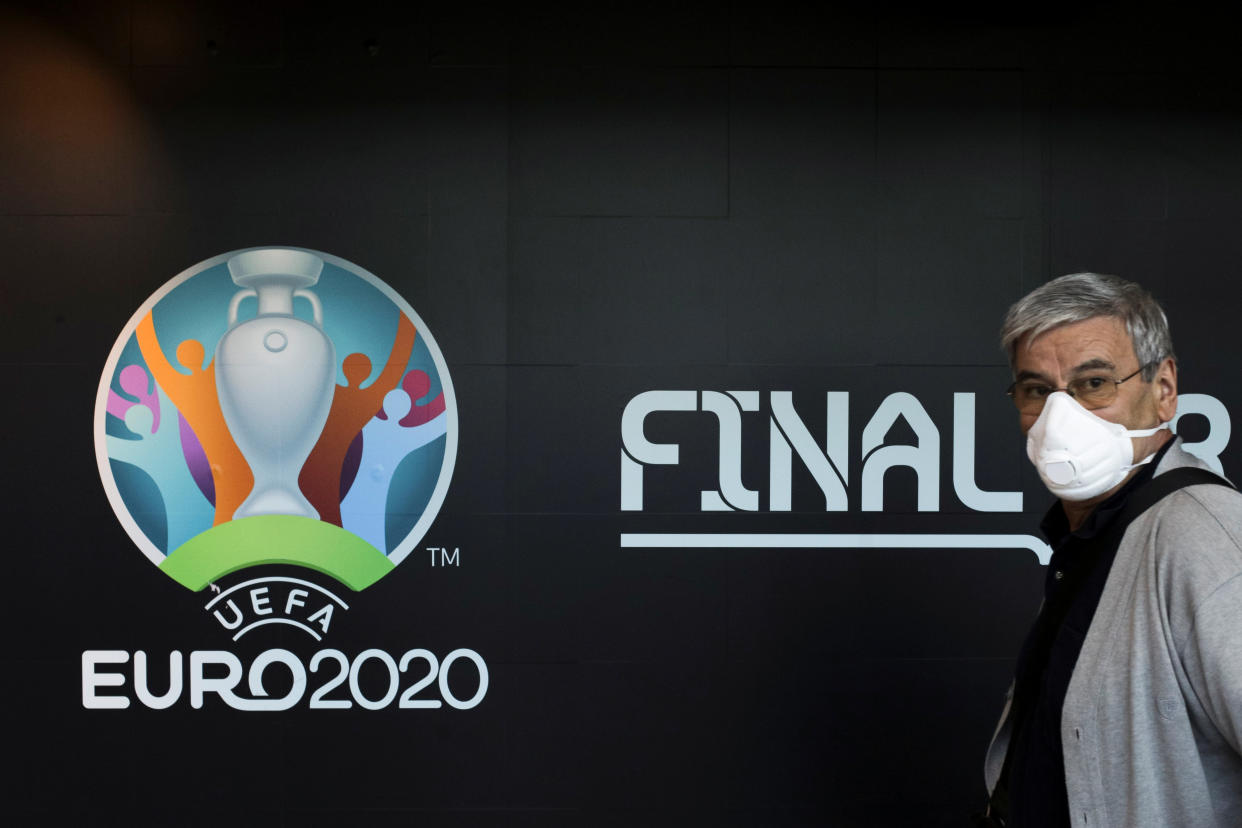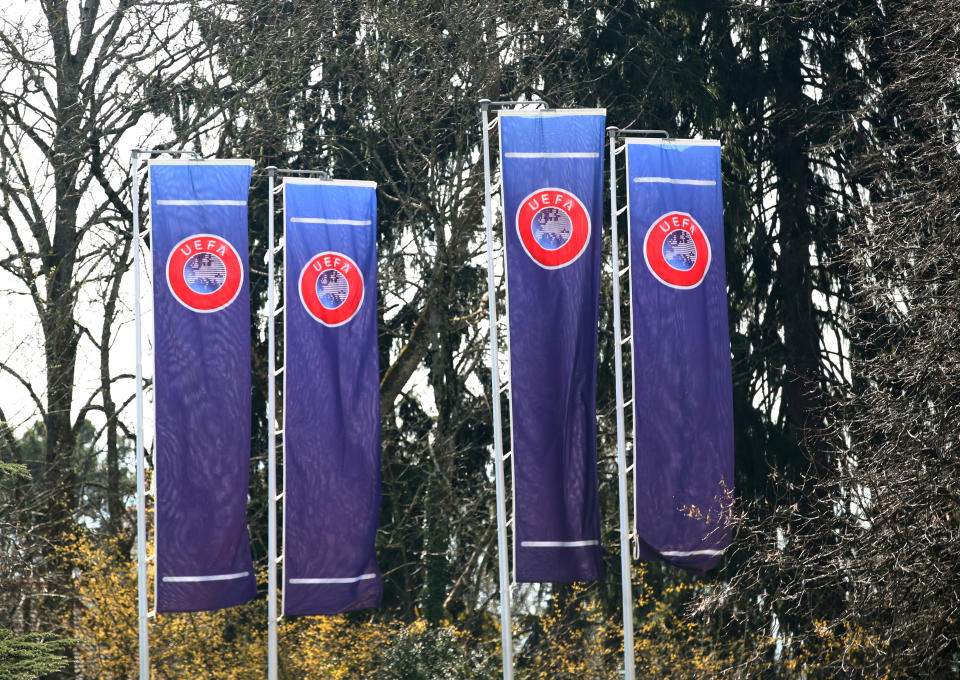Even the best solution to soccer's coronavirus challenges could ripple through the 2022 World Cup

The fact there would be no clean solution to any of this became clear when the Dutch prime minister announced on Tuesday that the Eredivisie would not be resuming until June 1 at the earliest. That is to say, the Netherlands’ top league would not be receiving a license to hold events such as professional soccer games until then.
That was a blow to aspirations any European soccer leagues and the continental tournaments might have had about finishing the competition they all had to suspend in the first half of March when the coronavirus pandemic became too big to ignore any longer. After all, if playing safely was impossible in the Netherlands, a country not hit harder by the pandemic than any other, it was surely not safe in Italy or Spain or Germany or England either. To say nothing of the border-hopping Champions League or Europa League.
Plainly, there was no hope of play resuming quickly as the pandemic rages on.
On Wednesday, UEFA had another conference call with all of its 55 members. After it pushed back Euro 2020 a year on the last call, it apparently resolved this time around to finish up the current season, even if it pushes play past the official June 30 end date — as it obviously would. According to a news release by the Dutch federation, UEFA decided that all leagues and competitions must be completed by Aug. 3.
Since most leagues typically wrap up by late May, they’re being given two additional months to finish their seasons. But that doesn’t account for further time lost to the pandemic in June and potentially July, so some kind of truncated resolution to the 2019-20 campaign is still very possible.
The knock-on effects of these improvised solutions are dizzying.
For starters, more than two months of play will have to be crammed into a window that’s likely no longer than six weeks — with trophies and championships and European places and promotions and relegations all at stake. Unless, of course, playoff-style finales are adopted. At least the June international window has been postponed indefinitely to help clear the calendar.
But before that can happen, some kind of preseason must be organized for players to get back up to match fitness after this long and unexpected layoff. That’s why the Eredivisie is aiming for a restart in mid-June, even though it could technically resume sooner — barring a longer ban. And this still leaves the issue of pushing players through a condensed schedule, when their workload weighs heavily on their physical capabilities even in normal times.

Then there are the contractual issues. Many players have contracts expiring on June 30. Some have transfers to new clubs arranged for that day. The summer transfer window closes Aug. 30 in most countries. And the accounting for governance mechanism like Financial Fair Play counts the revenue generated in each regularly scheduled season. All of those issues have to be worked out somehow.
And then what about next season?
A shortened offseason is a possibility, especially with both the Euro and Copa America postponed. But the 2020-21 season will have to be pushed back a bit regardless, or there simply won’t be the time for players to recover. This, then, encroaches on those summer tournaments next year. Push back the 2021-22 season, however, and you compound the issues for the 2022 World Cup, which will be held, exceptionally, in November and December of that year — to correct for FIFA’s unforgivable blunder in awarding a World Cup, a tournament never played any other time but the late spring or summer in its entire history, to a nation where it’s too hot to play soccer in the summer months.
Among a panoply of bad solutions, finishing out the current season as best as possible seems the top option. Because the complications presented by ending it early, or calling it null and void, outweigh the difficulty in stumbling through the end of the campaign. Between the issues with allocating spots in the various competitions, divvying up prize money and the inevitable lawsuits from victimized clubs, the ripple effects could last for many years.
But it’s hard to escape the conclusion that, as usual, the burden will fall on the players. Since soccer administrators are a highly unimaginative sort, the calendar is already crammed in order to maximize profits. This mooted solution will create a schedule wherein the 2019-20 season runs quickly into 2020-21, which then immediately careens into the delayed national team competitions, before crashing into the 2021-22 campaign, which will be followed by a campaign extended for a midseason World Cup.
None of this is good for the players, but then none of this is particularly good for anyone.
Soccer is just trying to make the best of it, trying to rebuild its calendar after a pandemic smashed through it like a wrecking ball.
Leander Schaerlaeckens is a Yahoo Sports soccer columnist and a sports communication lecturer at Marist College. Follow him on Twitter @LeanderAlphabet.
More from Yahoo Sports:



